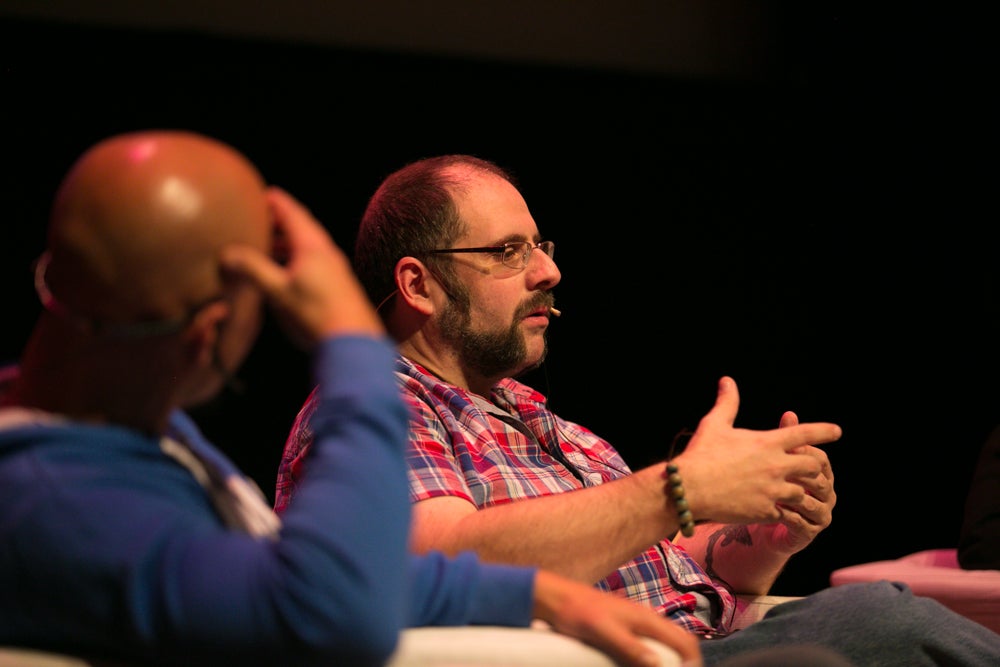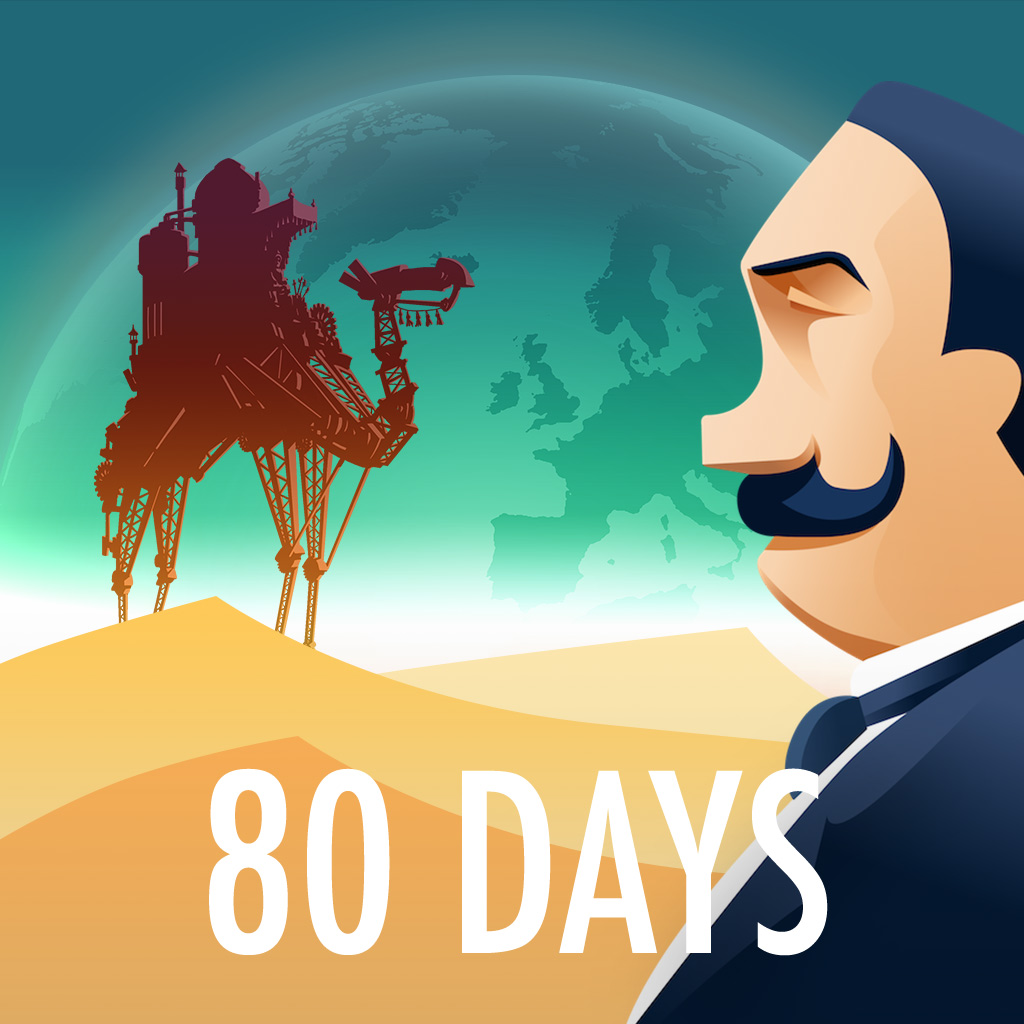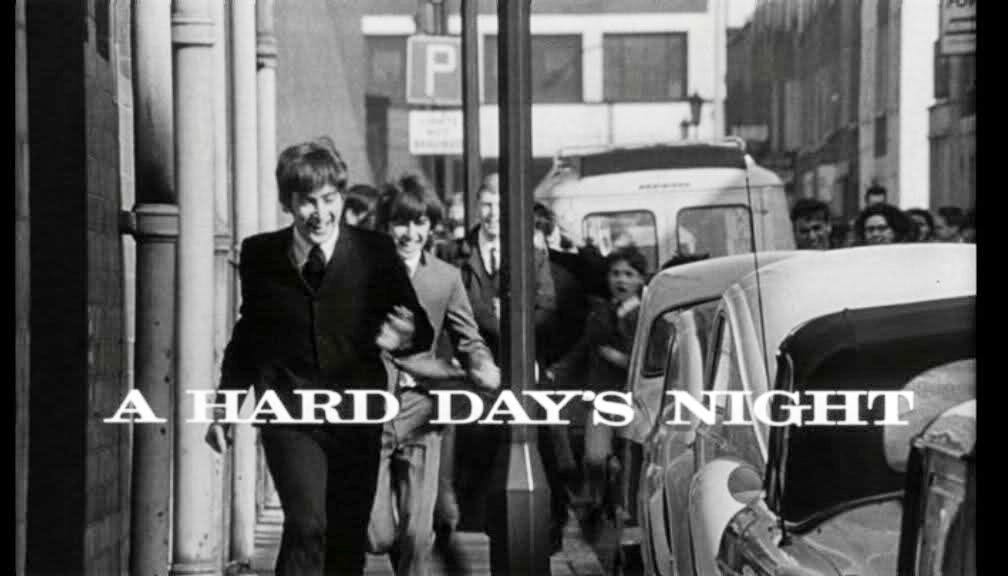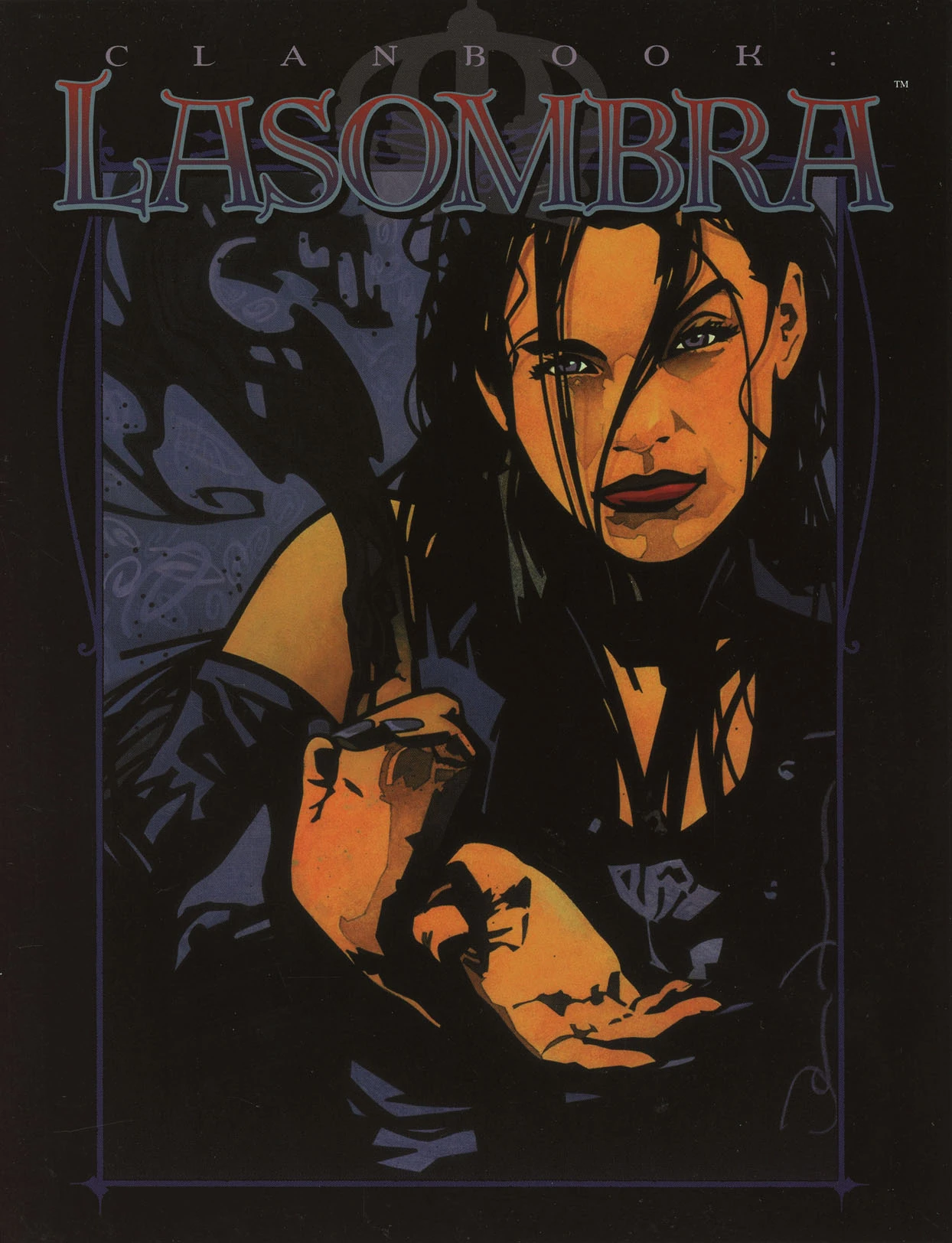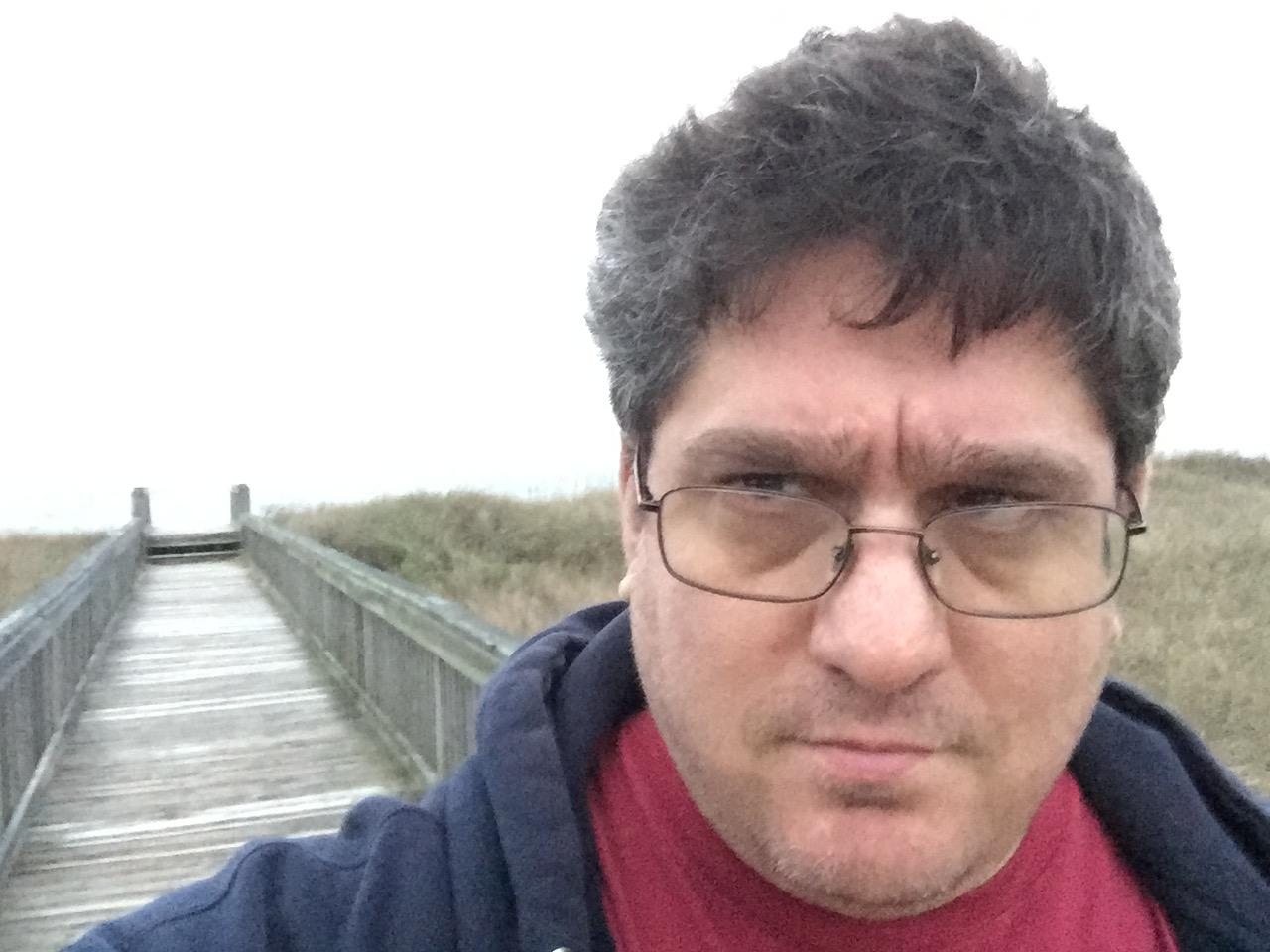Alex: So, obligatory question: How did you get into game writing?
Lucien: Through the long road. I started off writing for tabletop role playing games. I was friends with a new buddy, Jean Carrieres, and they saw my D&D writing. We were part of an APA, an Amateur Press Association. Bunch of friends get together once a month and pull together articles that they've written. They get it photocopied 20 times, all the copies stapled together, and then you hand it back out to the members. I'm showing my age with that.
Well, my friend saw my writing and he was like, hey, I work at Dream Pod Nine. We have a lot of French writers, we need somebody to go through and help them with smoothing out their English. So I started doing that. Then they said, would you like a shot at writing a book? So I did my first couple of game books through them.
And then I went to Gen Con and I was blown away. Thousands of gamers in one location. All the big companies were there, and I was like, that's the industry I want to be a part of. So, I started going with the books I had written. I started introducing myself and getting contracts with White Wolf and with Pinnacle Entertainment and companies like that.
My friends started making the jump into video games as designers and they started saying, hey, we know a writer we think can hit the mark. And so they gave me my first breaks. My first published video game was Warhammer 40K: Dawn of War, my first published video game. I did a vaporware game that never went anywhere. So we don't count my first.
Alex: We should!
Lucien: We should.
Alex: You did the work.
Lucien: I know.
Alex: --like this concept, "must have shipped three games" in a recruitment ad. I can't force the game to ship.
Lucien: Yeah.
Alex: Like you can work at Ubisoft, and three games you worked on get killed by Paris. And that's your entire video game career. And you did great work!
Lucien: Well, I've been fortunate enough to have a lot of a lot of games under my belt since then. And so after a while, I put that project aside...
Alex: Dropped that off your LinkedIn.
Lucien: My first game, friend of mine was working at Relic Entertainment and they were doing Dawn of War. And he said they need a writer. I interviewed, I got the job. And then after that, another friend of mine, well, you know Rich -- Rich Dansky [Chief Clancy Writer at Ubi] -- said, OK, Ubisoft in Montreal where you live is looking for a Rainbow Six Vegas writer. So I interviewed and I got that. I was there at the company for two or three years working on that.
And then I was on Splinter Cell Conviction before it got rebooted. But I was contract at that point, went independent, worked on a whole bunch of DS games, including a princess game and all these movie tie-in games like Enchanted, the Golden Compass, Kung Fu Panda. And then I went back to Ubisoft when I realized I needed a steady paycheck and I wanted to work with a team rather than being at the tail end of something where I was only filling in a required sheet of needs.
Alex: What's misconceptions did you have coming in?
Lucien: I thought, I'm bringing stories to video games. I am going to bring a story and I'm going to do something awesome with it because I love video games.
And I didn't think that I was going to be the only person responsible for a game. But I thought, I'm the writer. I thought I would be given a bit more leeway. I didn't think that I would have to justify everything. I had at one point, a line where one of the soldiers was saying, "If you're looking for your pound of flesh, you're gonna have to wait till this is over."
The creative director was like, pound of flesh, what's that? I'm like, well, it's from [The Merchant of Venice by] Shakespeare. And he's like, no, nobody reads Shakespeare, drop it. Suddenly, I’m in what felt like an hour-long argument with him over something that’s a common English idiom.
The misconception was that I could operate in my own bubble. I didn't realize how integrated you need to be. So when I see writers saying, oh, the writer is the gatekeeper of story, I'm like, no, that's not it. You're there to help.
Alex: The writer is the punching bag of story!
Lucien: I think you need to be seen as a troubleshooter. They need to know that they can come to you with problems, and you're there to help them get through it. You'll find they’re a lot more open to incorporating your ideas, because they trust you. So I build up good relationships with level design, who might come to me and go, hey, we need a reason why the player would go here. And so you help them troubleshoot so they do not hesitate to come back and talk to you again. But operating in a bubble is a fallacy. You can't be outside of the team working on script or else you're going to have a game that is disconnected from its story.
Alex: That's what I like most about video game writing. You're right in the thick of it. If you're a film screenwriter, you do your things and hand it off to the crew, and they go play in the sandbox and have fun, and you go home. You get to see it eventually, but you stay at home.
I was on set for a show I'd created, and the director sincerely asked me, "Why are you here?" I like the integration. I like, you know, looking at someone's screen in the office and, oh, so that's what they're doing. Okay. Well, my story won't work in that case. What would work?
Lucien: Yeah.
Alex: And sometimes it's a surgical thing that you can do. Oh. I just change this one thing. Now it all makes sense again. And that's the math again. If I just change the polarity on this, now it's good again.
Lucien: Yeah, totally. When I went to Far Cry, it was the first full-on open world game that I worked on. And because of various circumstances, including people who were all vying for creative control, narrative ended up by being insular and working on its own stuff. And as a result, there was a disconnect between what you did in the main storyline and what you did in the open world. So in the main storyline, you're like, all my friends are kidnapped, everything is terrible.-- Oh, look, I can kill a rhinoceros to craft a wallet! And while some people appreciated not having that pressure on them all the time, some players felt guilty for engaging in frivolous activities when their friends were being held hostage.
Alex: Oh, that's one of the worst things about putting a clock on a video game. A clock is great in a film. But in a game, you know, you're Captain Shepherd, you're trying to save all intelligent life in the entire galaxy. But here's where you hang out with an old friend and have beer.
Lucien: Exactly. So when we did the jump to Far Cry 4, there was much more of an effort to tie the global geography into what was happening within the story. So if you go out into the open world and if you take that tower, if you burn down that poppy field, if you do this, if you do that, it's all contributing to hurting the enemy.
So now I take those open world lessons and I get to apply them even more with: what is it about each region that informs the whole. What is the mythology of the region, what is its importance, and how does it uphold the main storyline? So again, it's that balance. It's finding that that scale is off balance and saying, “Where do we add more weight to make things balance out?” I feel like writers should be more and more involved in what the player experience is, not just what is the story experience, but what is the [user] experience?
Alex: UX, the user experience.
Lucien: Yeah. Exactly.
Alex: Last question. Why do you stay sane?
Lucien: What do I do to stay sane? Dear God. Well, let's start with this. You can't see it because I've got this thing on here, but right here I've got a punching bag. Honestly.
There were a few times where I almost burned out at Ubisoft. Watchdogs 2 was a grueling process. Elements of Rainbow Six Siege and the project that came after it were grueling and emotionally draining.
The tips and tricks that I picked up? One was when you leave the office, you leave the office. I had this mental exercise when I walked out of the offices. Right before I left the lobby of the building, I stood still for a moment. I imagined all the day's issues being dumped into two suitcases that I was holding in my hands. And before I walked out that door, I dropped the two suitcases on the floor and I walked away. And any time I started thinking about work, I'd be like, no, they're in suitcases. They're in a suitcase and they're in the lobby. They're waiting for me when I get back. I don't need them. And oftentimes when I came back in the morning, the issues aren't really there anymore...
Alex: That's certainly what happens if I leave suitcases in the middle of a lobby. They're not there anymore.
Lucien: ... or the stress that created them wasn't there anymore. I didn't hesitate to seek out help at Ubisoft from what we call an ergotherapist, which wasn't a psychologist or a therapist, just somebody who would say, what are the issues you are facing? Have you considered doing this? Try these exercises, try these techniques... she provided me with tips and tricks to cope with the stress.
But she also allowed me to forgive myself for not being on top of everything, because we tend to take things personally. And we take it all on ourselves. Even if it’s somebody else's fault or anything, we sometimes receive feedback on soemthing and go, “did I fuck up?
And so... self-forgiveness and removing yourself from the issue unless you are actually responsible, but not second guessing everything and putting it all on your own shoulders. I find that we as writers tend to take on a lot of the project’s problems-- no, no, no. Bring it up. Let other people worry about it. You're part of a team. Solve it as a team. It's not just you.
Breathing exercises too. I started employing the seven four eight breathing technique. Are you familiar with it? It's where you inhale for seven seconds. You hold your breath for three or four seconds. Then you exhale loudly for a count of eight. And then you do that four times in a row. It causes the brain to calm down and still itself. I found that it was a great technique for fighting those moments where anxiety was just building up and the emotions were starting to get a little bit too raw. So for me, the luggage exercise, the breathing techniques and such. Knowing when to talk to people and who to talk to at your office to say, I'm having this issue. And being honest with them, because I think mental health has become a huge part of our everyday discussion at companies. I think a lot of companies are paying attention to that now.
Alex: Talking about the writing team, you're involved in the decision of who to hire. What do you look for?
Lucien: I'm looking at a lot of people who come from a lot of different writing backgrounds. I look for, how good is a person with characterization? But I think you need to have someone who is more than just writing cut scenes. You need to have worked in the guts and the mechanics of a video game.
Alex: People sometimes think narrative is the cut scenes. Cut scenes are the easy part. I mean, when we're scheduling, people ask, "how many conversations do you have?" But the conversations are not what take the time. I can write ten pages of dialog in a day and not feel winded.
The hard stuff is like, what five objects can we put into this room that tell a story about the person that isn't there? And hopefully they are five objects we can buy the wireframe for. What gestures, what body movements, what can we see in a dumbshow that would communicate what's going on, without anybody saying anything. Like readables and dialog are the easy parts and everything that's not dialog is where I spend my time, because it's the stuff that has to be implemented well by other departments, the stuff that has the most dependencies, that stuff is 90 percent thinking it up and then 10 percent writing it down.
Lucien: Yeah.
Alex: And that's that's really where most of my time goes, is either thinking of the thing that would be really evocative that somebody else is going to make. And then, you know, talking to people about what they're doing and saying, OK, here's how your idea will work with the story or how it might break the story.
Lucien: Yeah, I've had those before. I've had those conversations before.
